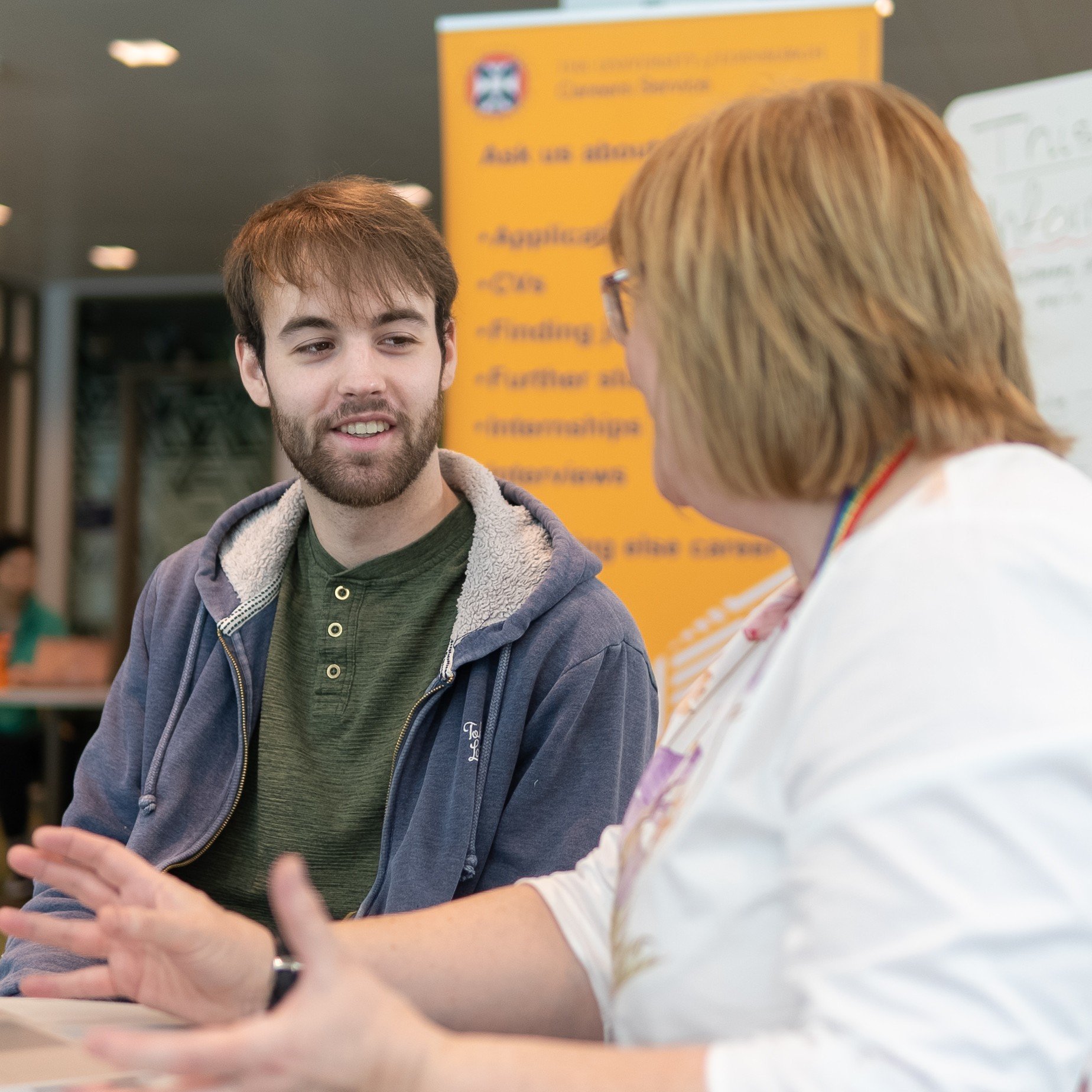
Parents and carers are the one of the most influential people in a young person’s career journey — they can create an environment in which a child learns self-esteem, identity, and the curiosity to explore opportunities. They can support with research, accompany visits, and use their network of friends and colleagues to provide access to work experience and role models. They can ensure their child is equipped with the life, career and employability skills required to navigate the challenges ahead.
Unfortunately, they can also convey limited and outdated views based on their own experiences and struggle to be impartial. Other families may have limited motivation, time, and resources to support their child.
Career learning and personal guidance is therefore vital to ensure that all young people have an equitable chance of learning effective career management.
What follows are ideas for increasing parental involvement in addition to workshops at progress evenings and contributing to employer events.
- Inviting them to attend personal guidance sessions is rarely the answer – personal guidance should be a safe space for a young person to explore pressures and expectations, and make sense of the various voices offering advice. It’s much harder, if not impossible, for that to happen with those voices in the room. If family members wish to attend, then arrange a separate meeting to see how they can support with actions.
- Families as career learners – provide access to careers platforms and encourage them to engage with quizzes and activities, and reflect on their own career management strengths and needs. Help them to learn that plans evolve and change, that curiosity and readiness are more important than certainty.
- Multi-sensory engagement – many people switch off in the face of too much dry and detailed information. Analogies, visuals, and stories are 'sticky' ways of communicating and facilitating retention. For example, showing a straight road alongside a winding road with multiple paths is powerful way to illustrate that the modern career is likely to be less linear. It helps to explain why learning career-management skills is essential— resources for the journey to equip young people to remain adaptable, confident, and curious in the face of uncertainty.
- Build their capacity to coach – some families understand how to coach, facilitate, and empower. Others think they are being helpful by trying to 'fix it', offering advice and suggestions rather than enabling their child to think and discover for themselves. Key coaching tips could be shared via a video, email or an ongoing question of the week or month.
Eight example coaching questions and activities for families to try
- Instead of asking what do you want to be, ask your student to look around at their friends, community, society, and the world, and ask, 'If you could solve one problem, what would it be?'. Those insights could lead to researching companies and roles related to that concern.
- Draw an emoji for how you feel about making this decision/your next steps. Describe that emoji. Draw an emoji for how you’d like to feel and describe that. What needs to happen to get there?
- Key choice points – if you had a friend who was struggling to decide what to do next year, what advice would you give them?
- What’s the worst that could happen if you step outside the comfort zone, and what’s the best that could happen?
- Who do we know (family, friends, and colleagues), who you could interview about what they do, how they got into it, and what they enjoy?
- What do you think we/I would prefer you to do and why? What if we supported you to do whatever you wanted, what would that be?
- Who do you admire and why? What have they achieved? What have they overcome? What qualities do they have? Which of those do you have or would like to develop?
- Provide links to free values and interest quizzes, with accompanying reflective questions.
Fostering partnership
When families are equipped to have impartial and coaching conversations with their children, they become powerful allies in career learning and guidance. Young people can feel more supported, enabled, and empowered to face their future with confidence and skill. And when school and home pull in the same direction, students gain the clarity and momentum they need to thrive in the transitions ahead.
UCAS support for parents, guardians, and carers
We understand how important it is for parents, guardians, and carers to feel informed and confident in supporting their young people through the university application process. That’s why UCAS has created a dedicated advice page packed with clear, practical guidance tailored just for them.
By sharing this page with your parent community, you can help them access trusted information on key topics like predicted grades, application timelines, and how to best support their child’s choices. It’s an easy way to empower families and strengthen the partnership between your school and parents.
Explore advice for parents, guardians, and carers
Feel free to include this link in newsletters, emails, or your school website to ensure parents have the support they need every step of the way.



